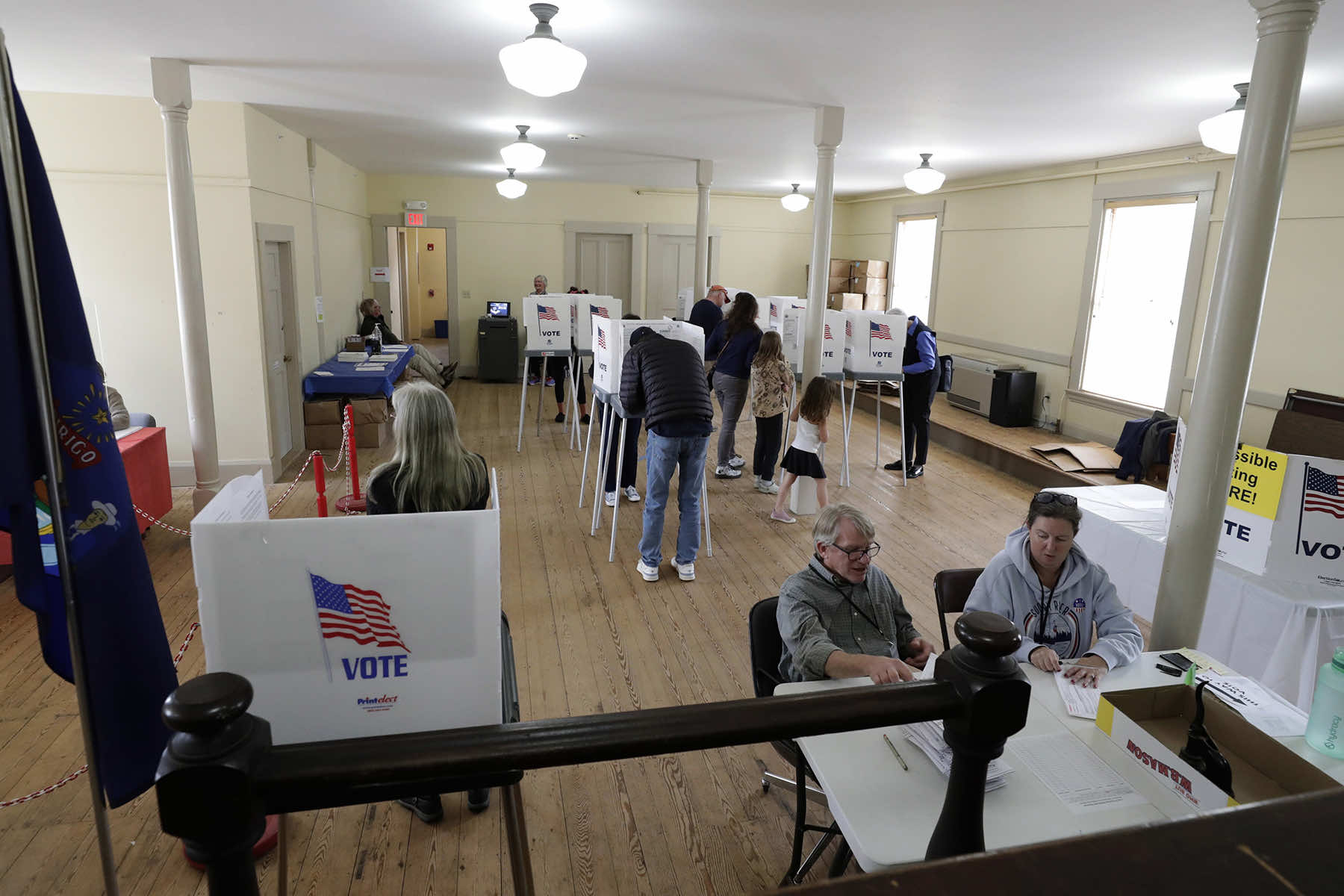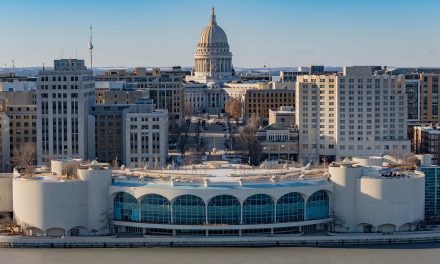
Wisconsin Republicans emerged from the November 5 elections with their majority in the state Senate intact and poised to maintain their edge in the Assembly, despite new district boundaries that Democrats had hoped would give them a chance at finally making major inroads in both chambers.
Voters also approved a GOP-authored constitutional amendment that bars foreign nationals from voting in Wisconsin. Here is a look at what was at stake for the Legislature and the Republican-authored constitutional amendment designed to ensure only U.S. citizens can vote in Wisconsin:
WISCONSIN LEGISLATURE
Republicans seized control of both the Assembly and the Senate in 2010. The next year they redrew district boundaries to give them an unfair advantage and consolidate their power because of those gerrymandering efforts. They have controlled the majority in both houses for the last 13 years.
The political landscape shifted dramatically last year, however, after liberal justices won control of the state Supreme Court and invalidated the Republican district maps. That move opened the door for Democratic Gov. Tony Evers to redraw the lines, giving his party hope of making substantial gains in both chambers.
Republicans held a 22-11 edge in the Senate when the legislative session ended this past spring. Ten Republican seats and six Democratic seats were up this election cycle. Democrats needed 12 wins to reach the 17 seats needed for a majority. That meant they had to hold all six of their seats and flip at least six Republican ones, a near-impossible task even given the new district lines.
Democratic leaders have acknowledged that November 5 was about setting themselves up for a 2026 run at the majority. As of early November 6, Democrats had held their six seats and flipped at least one Republican district, ensuring the best Republicans can do is a 21-seat majority. That leaves the GOP one seat short of a supermajority, preventing them from overriding any Evers vetoes.
Republicans held a 64-35 edge in the Assembly, but redistricting and retirements left 57 seats open and 15 Democrats unopposed. Democratic leaders believed they had a shot at retaking the majority. Assembly Speaker Robin Vos downplayed any potential Democratic gains, pointing out that the party has never come close to the majority in more than a decade. As of early November 6, Democrats had flipped just a handful of seats.
CITIZENSHIP VOTING AMENDMENT
Wisconsin voters approved a constitutional amendment in the November 5 election that prohibits foreign nationals from voting in the state.
Republicans across the country have been pushing voters to adopt constitutional amendments that explicitly prohibit non-U.S. citizens from voting, a condition already baked into existing laws. The move was spurred by the District of Columbia and municipalities in California, Maryland, and Vermont allowing non-citizens to vote in local elections.
The Wisconsin Constitution states that every U.S. citizen who is at least 18 can vote. The amendment revises that language to read that only U.S. citizens can vote in federal, state, and local elections held in Wisconsin.
The amendment was on the ballot in seven other states besides Wisconsin this cycle, according to Ballotpedia. North Dakota, Alabama, Florida, Colorado, Ohio, and Louisiana have already adopted it.
Democrats contend the measures would create hurdles for legal voters and lead people to believe that the problem of noncitizens voting is bigger than it really is. Data from states indicates that voting by noncitizens is rare.














